“Reihana Returned” (رجعت ريحانة)
Haqqi-Awrath Association
Project Supported by WPHF and UN Women
Overview of the Activity As part of its ongoing efforts to promote gender equality and raise awareness about women’s inheritance rights, Haqqi-Awrath Association produced and presented a theatrical performance titled “Reihana Returned” (رجعت ريحانة). The play aimed to sensitize both adolescents and adults to key issues such as education, gender equality, and women’s right to inheritance—central themes of the association’s mission and the objectives of the WPHF- and UN Women-supported project. The play was performed six times in different locations across the Baalbek district: Al-Jaafariya School, Qsarnaba El-Khoder Village Square Al-Zahraa School, Hawch-Sneid AUS School, Rayak Wadi-Safa Public School, Jimmaliya Al-Hikma High School, Douris These performances reached diverse community groups, including teenagers, parents, educators, women, men, and local leaders. By using theatre as an accessible and emotionally resonant medium, the association fostered community reflection and dialogue around entrenched social norms and gender-based injustices. 2. Thematic Focus and Message “Reihana Returned” tells the story of Reihana, a young woman who rejects patriarchal traditions. She refuses to marry her cousin because she is in love with a young man studying medicine, with whom she has agreed to marry. She chooses instead to continue her education and preserve her independence. As a result, her father disinherits her and transfers all his property to her two brothers. Reihana leaves home and pursues her studies with the support of her aunt. As the story unfolds, the two brothers squander the family’s wealth and become involved in illegal activities, eventually ending up in prison. Shocked and devastated, the father collapses and loses consciousness. At this critical moment, Reihana returns to care for him, accompanied by the same doctor her father had previously rejected. Moved by her noble behavior and strength, the father reconciles with her and gifts her his house as a gesture of remorse and acknowledgment of his wrongdoing. The story ends with her marriage to the doctor she loves, in a spirit of justice, reconciliation, and mutual respect. Reihana is honored for her patience and values, and the family is reunited on new foundations of love and fairness. Key themes addressed include: Gender inequality and women’s inheritance rights Societal pressures on women regarding marriage and obedience The consequences of favoritism and rigid gender roles Female resilience, education, and forgiveness A humorous and paradoxical narrator—wise yet eccentric—guided the audience between scenes, adding a comedic layer that made the performance engaging and digestible for audiences of all ages. 3. Production Process The play was a collaboration between professional artists and local community members: Written by: Layla Nassar Directed by: Fares Bou Yaghi Choreography: Charbel Bou Yaghi Costume Design: Pierre Khater Rehearsals began in March 2024, involving young participants from the region. The process itself served as a platform for discussion on gender equality and inheritance rights. A major challenge emerged with the outbreak of war on 23 September 2024, halting the project for security reasons. The project was extended by six months, allowing the team to safely resume work and successfully present the play six times in various community settings. 4. Details of Each Performance # Date Location Audience Profile Estimated Attendance Feedback / Outcomes 1 27 Apr 2025 Al-Jaafariya School, Qsarnaba Students, parents, educators, community 300+ Teachers noted increased student discussions on gender and family roles 2 29 Apr 2025 Al-Zahraa School, Hawch-Sneid Students, parents, NGOs 300+ Emotional impact noted; students continued discussing the play for days. 3 4 May 2025 El-Khoder Village Square Mixed community & local officials 300+ Women approached the team for further engagement; local leaders requested follow-up events 4 5 May 2025 AUS School, Rayak Youth, families 300+ Students expressed interest in theater and social justice; school requested the script 5 7 May 2025 Wadi-Safa School, Jimmaliya Families, teachers, municipal figures 300+ Mayor praised the initiative; suggested future collaboration, children expressed their emotions for girls 6 21 May 2025 Al-Hikma High School, Douris Mixed audience incl. mothers and teens 300+ Strong audience response; requests for similar social justice performances 5. Impact and Reflections The play successfully engaged audiences across all age groups, generating strong emotional and intellectual responses. Women were especially moved during scenes of injustice and reconciliation, while young children were able to grasp and comment on the core message—highlighting the play’s accessibility. A child’s quote: “ليش عطا كل شي لإخوتها؟ هي تعبت كمان!” — indicating a clear understanding of gender-based unfairness. While no formal evaluation tools were used, post-performance discussions and anecdotal evidence point to: Greater awareness of women’s inheritance rights Encouraged intergenerational dialogue on gender justice Youth engagement in both artistic expression and social advocacy Use of theater as a successful medium for community mobilization 6. Visuals and Documentation Photos (submitted with consent) Flyers and promotional materials (annexed) Testimonials and quotes from attendees Media coverage: limited local social media engagement 7. Lessons Learned & Recommendations ✅ What Worked Well Storytelling Approach: Drama, humor, and familiar settings enhanced relatability and message retention. Inclusive Participation: Public squares and schools expanded reach and inclusivity. Emotional Engagement: Deep emotional responses confirmed resonance and clarity of the message. Social media: Thanks to the association’s social media networks, we were able to widely promote the theatrical performances. We received numerous requests to present the play again during the upcoming school year. Please find some links attached. https://www.facebook.com/share/r/1AdjHu52Qc/?mibextid=oFDknk https://www.facebook.com/share/p/195JkYaVUf/?mibextid=oFDknk https://www.facebook.com/share/v/1AZABLdF2q/?mibextid=oFDknk https://www.instagram.com/share/p/BAKRAMAm2N https://www.instagram.com/share/reel/BAEeB6R9Uu https://www.instagram.com/reel/DJBezf6NEcW/?igsh=cXNuZXo1ankwdjF6 https://www.facebook.com/share/p/16F66hfJiL/ https://www.facebook.com/share/p/1CN4oDAW5U/ https://www.facebook.com/share/r/19JYkGAQAr/ https://www.facebook.com/share/p/15R4NDyWVE/ https://www.facebook.com/share/p/12L5vFocxSu/ ⚠️ Challenges War-related Delays: September 2024 conflict delayed implementation, but the extension enabled recovery. Logistical Barriers: Some venues lacked sound and lighting; outdoor setups had weather-related risks. Limited Media Exposure: National media coverage was limited, reducing wider visibility. 💡 Recommendations Add Post-Performance Dialogue: Facilitate guided reflections or Q&A after each show. Build Youth Theater Capacity: Train young advocates in participatory theater to ensure sustainability. Secure Technically Equipped Venues: Choose venues with basic infrastructure for better delivery. Record the Performance: Create a high-quality video for future screenings in areas where live performances are not feasible. Sustaining the message: We hope to secure additional funding to cover the costs of presenting the play in public schools and rural villages. Annexes Link to the photos https://drive.google.com/drive/folders/1ES3PibLaoV7gkSiojAnTMZuBGVpCRXsq?usp=drive_link


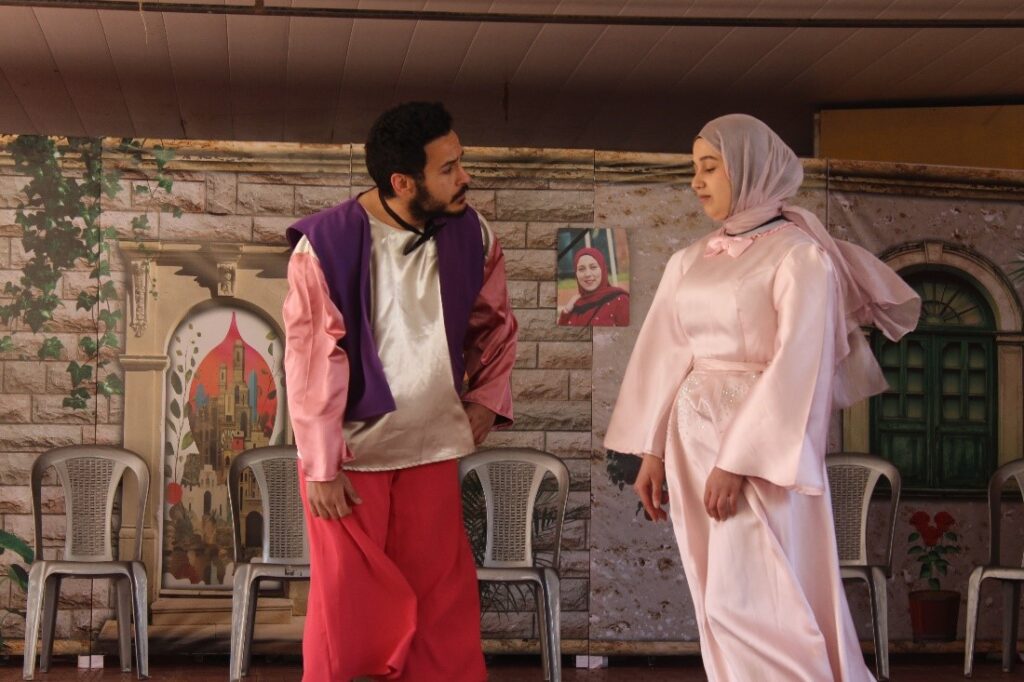
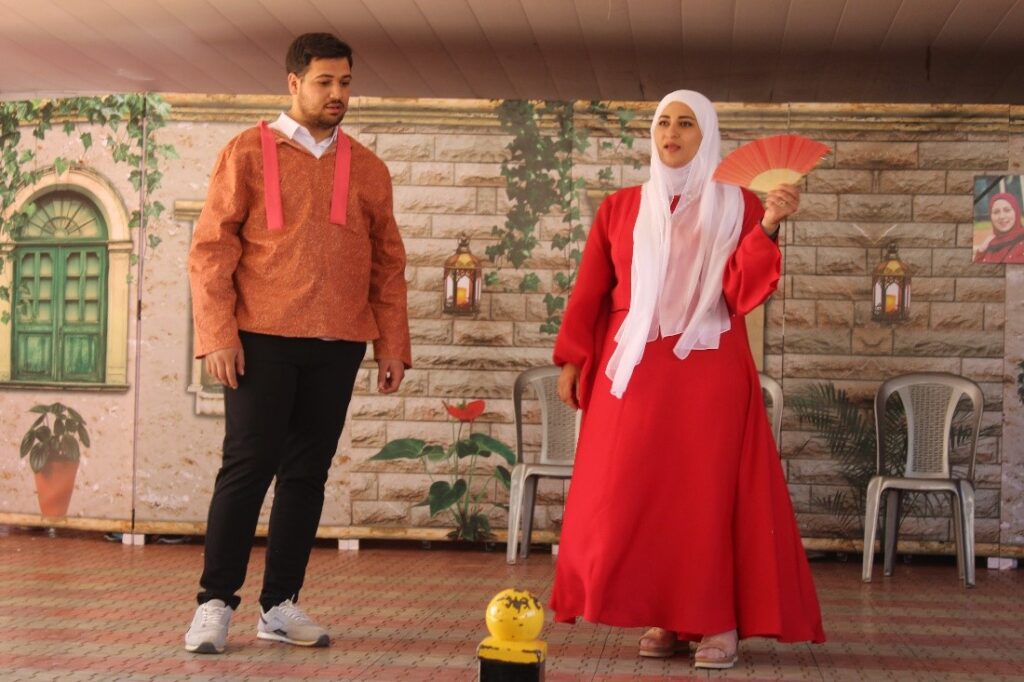
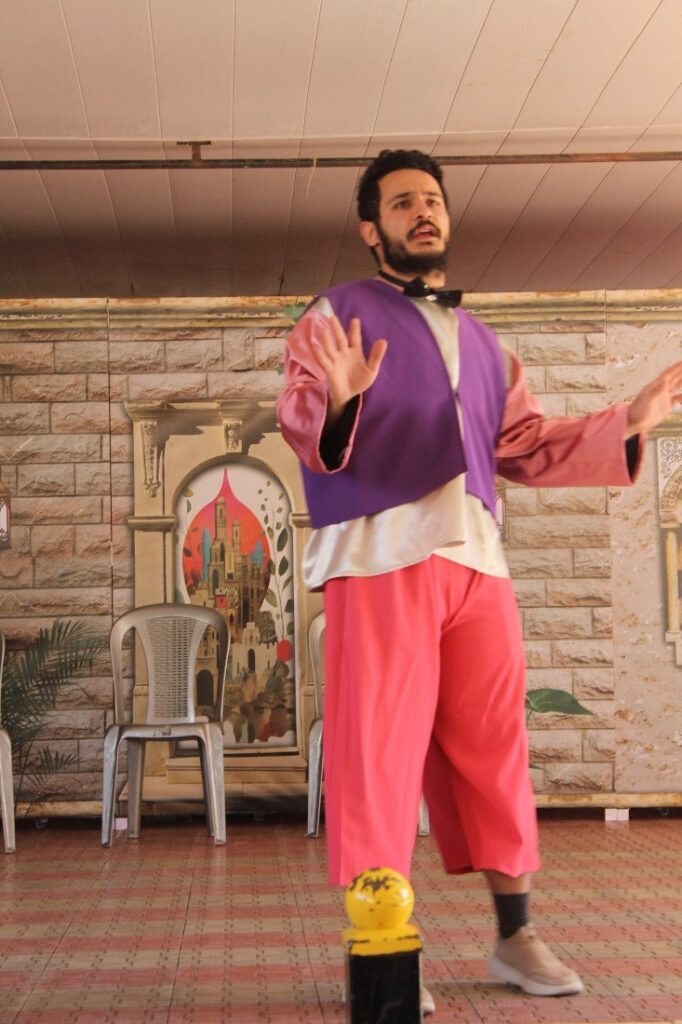
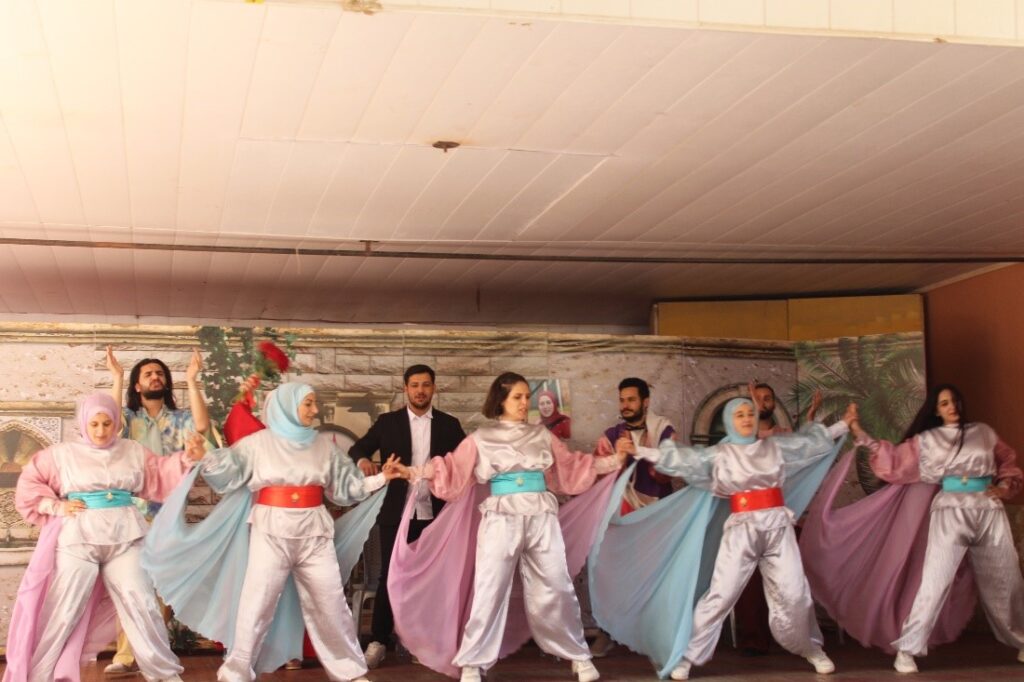
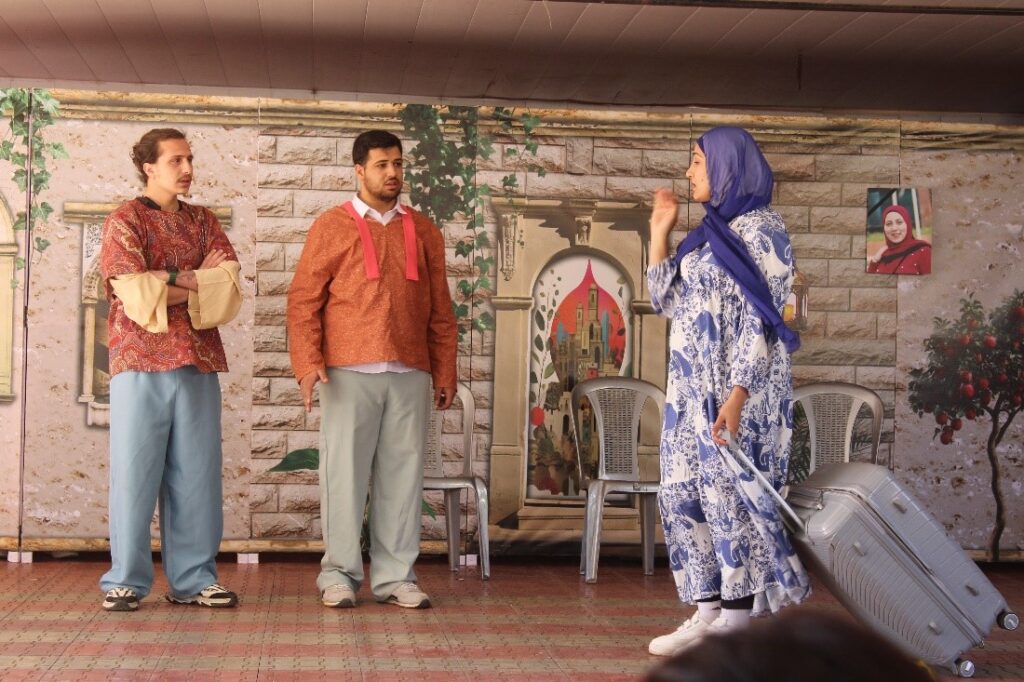
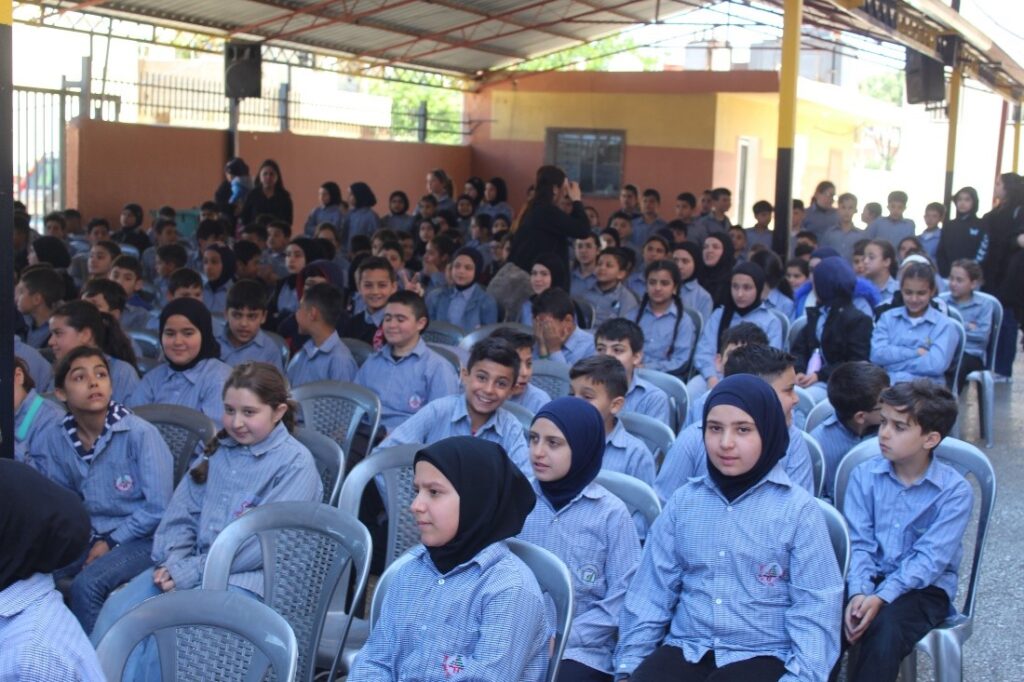
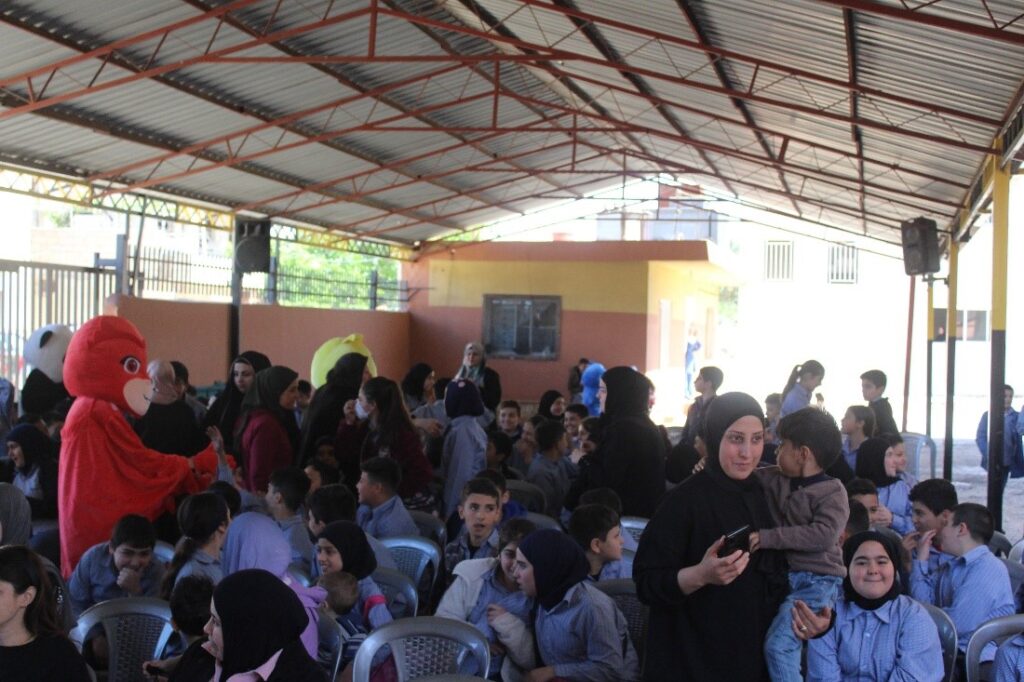
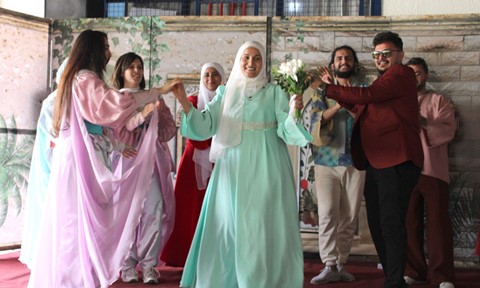

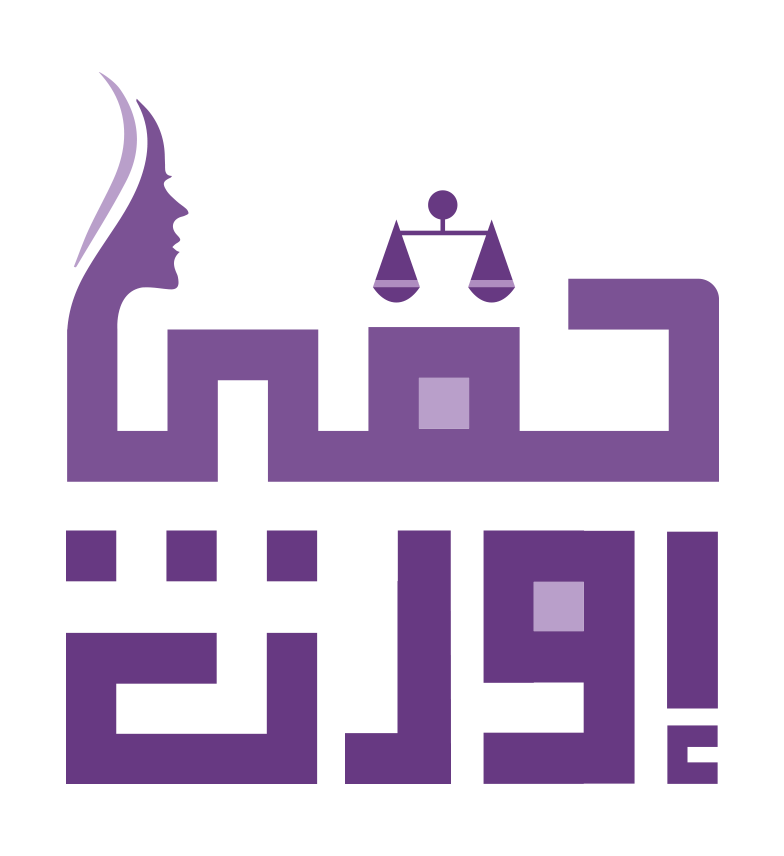

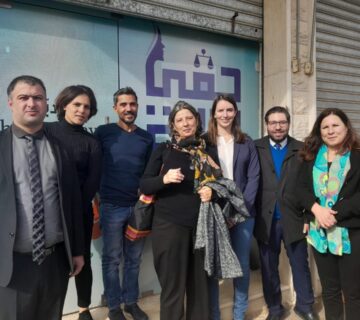
No comment